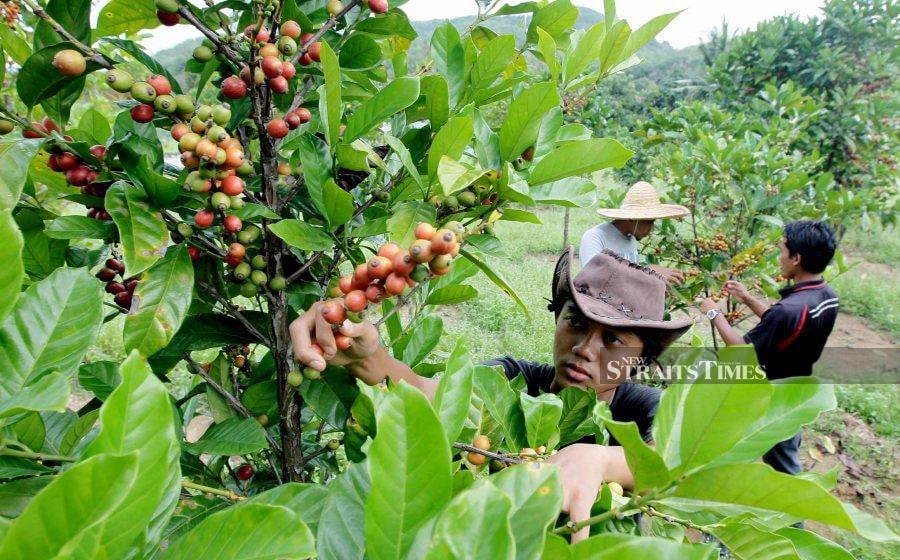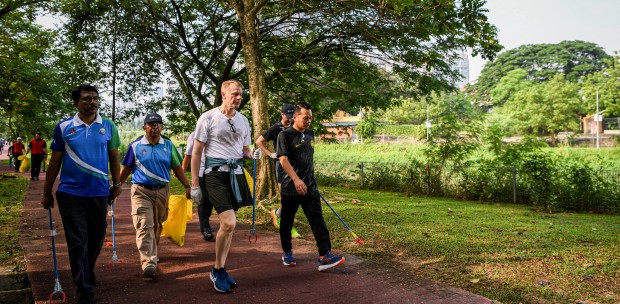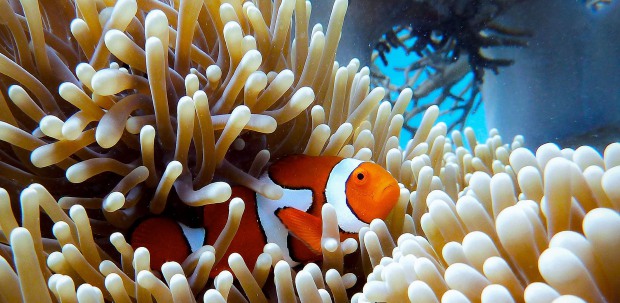AS humans, consumption of goods is inevitable. Most of the time, we will neither be able to resist nor refuse using certain goods even if they are not really necessary. Thus, we have to make choices in what to use or consume.
However, do you know that the choices we make determine the quality of our environment? Have you ever wondered if you have made the right choice for the wellbeing of this universe?
In reality, our choices, from the smallest to the largest, have certain impacts on the environment. Let us start with our selection of drinks during breakfast. Many of us like to drink coffee in the morning.
A study by Marc Inc, a coffee company in the United States with its coffee brand, Alterra Coffee, in 2011 showed that 65 per cent of employees drink coffee in the office, with an average of three cups a day.
Coffee is a favourite drink of many as 38 per cent of employees who claim that they cannot go through a day at work without coffee, while 30 per cent of employees state that coffee increases the focus and productivity of their work.
For coffee lovers, they can choose from americano, long black, espresso or coffee with a mixture of milk such as latte, macchiato, cappuccino and flat white. There are many other variations available.
These diverse options have different environmental impacts that could be identified in various ways. One is by looking at the carbon footprint — a concept that focuses on the amount of greenhouse gas, especially carbon dioxide, which is released into the atmosphere as a result of various forms of human activity.
It is common knowledge that greenhouse gases contribute to global warming and in turn, bring intense climate change issues, which is a major concern of the present world society.
Coffee production as a whole has huge environmental impact as 82 per cent of carbon dioxide emissions occur at the coffee plantation stage; 12 per cent of gas emissions are due to water heating during the coffee preparation process while, the selection of coffee, with or without milk, shows varying carbon footprint.
Coffee with milk, particularly cow's milk, indicates a higher carbon footprint. Poore and Nemecek's (2018) study on the effects of food production on the environment shows that to produce 200ml of cow's milk, more land and water resources are needed than to produce soy, oat or almond milk.
Carbon dioxide emissions in cow's milk production are also higher than plant-based milk, which reaches 0.6kg per 200ml of cow's milk.
Based on the above explanation, it is clear that we need to make wise choices of drinks as it will have different environmental impacts.
However, this is not only about what we choose to drink in the morning, but include other types of consumption too.
For example, the difference can be seen when we choose between consuming beef or chicken, travelling by public transport or car, buying a small or large car and numerous other options. Hence, making wise choices is vital to minimise environmental impacts.
Most of the time, we are served with a variety of choices and thus, the process of making a choice or decision should be natural for every individual.
What is the basis for making wise choices in life?
This, of course, has to do with knowledge and it is essential to seek knowledge that will motivate us to make environmental-friendly choices.
The knowledge gained should be an important factor that leads to virtuous human action and behavioural changes. In Islam, the purpose of acquiring knowledge is mainly to bring us close to
Allah SWT and to make us a better Muslim.
In terms of the human relations to nature, knowledge is vital to better understand the environment and make choices with minimal impact on the environment. Islam educates us to be responsible for every choice we make.
With that, make a choice based on knowledge and practise what we have learnt. If this is the tenet of every human being, then the hope of seeing the quality of the environment get better and preserved may come true.
The writer is fellow, Centre for Science and Environment Studies, Institute of Islamic Understanding Malaysia






